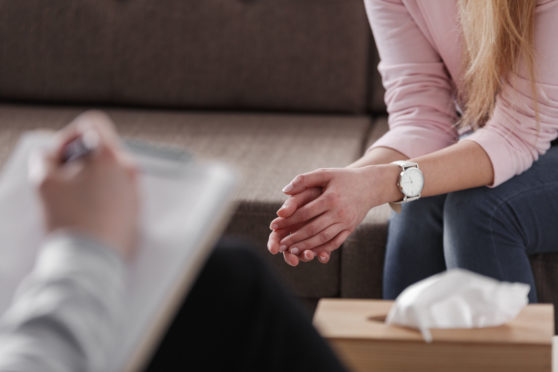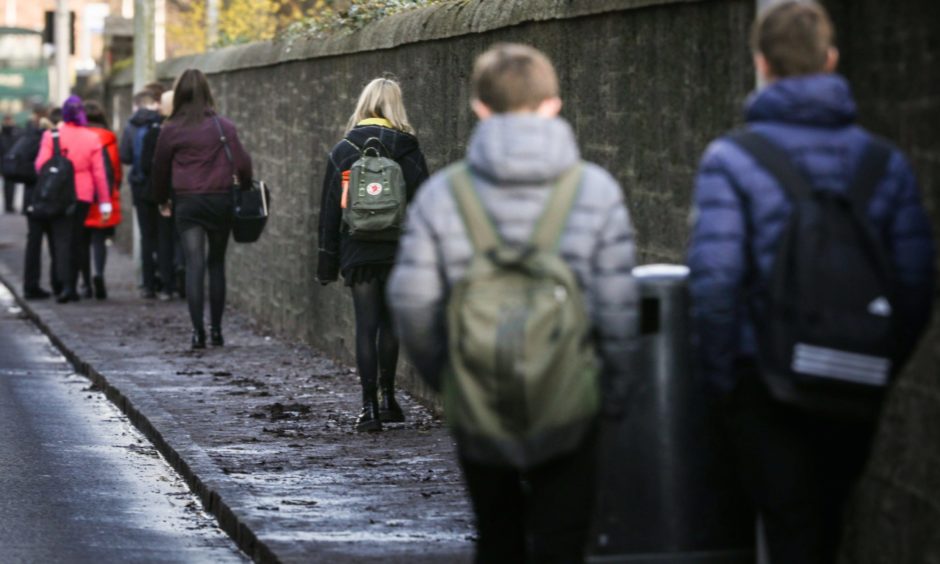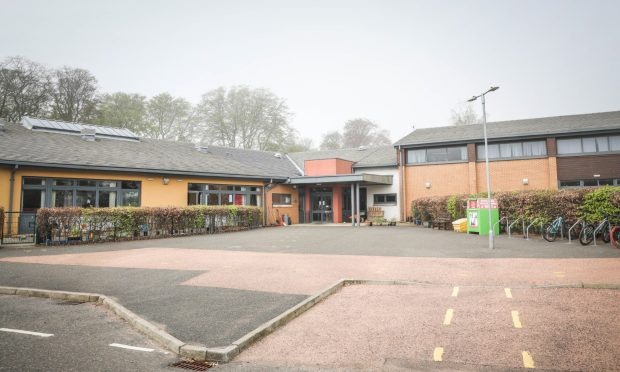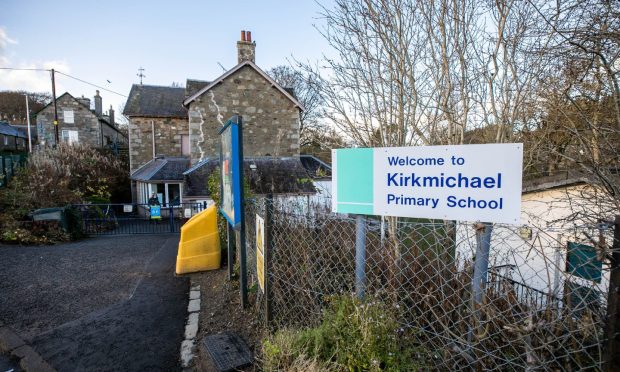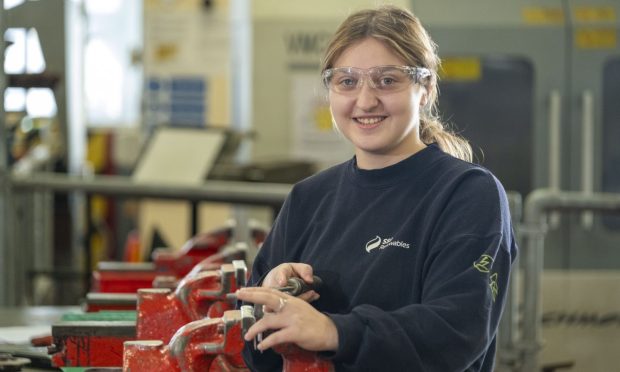Mental health support services in Dundee have seen a “massive increase” in the number of young people seeking help during lockdown, according to one professional.
As normal face-to-face counselling sessions have been suspended, support services have turned to technology in a bid to continue helping young people struggling with their mental health.
Joyce Cherry, a health and wellbeing worker at Craigie High School, has been providing one-on-one counselling support online for young people all over Dundee.
She said: “There’s been a massive increase in referrals for support and for the young people I’ve been dealing with, it’s all about this new, unsafe world around us.
“What we are finding is that young people feel the world is dangerous and are thinking, is there a future? So that creates anxiety and we can see a lot of depression starting.
“I had one young person explain how she was at the shops with her mum and she felt so anxious, thinking everything around her was going to hurt her. It’s really impacting the young people.”
“So trying to address those needs will be really difficult. As with everywhere, there has been cut backs, lack of staff, resources and money – we really need something to be put in place.”
Young people have been referred to Joyce either through the school system, with teachers and support staff visiting vulnerable pupils at home, or via a third party charity.
“There’s been a massive increase in referrals for support and for the young people I’ve been dealing with, it’s all about this new, unsafe world around us.
Joyce Cherry, health and well being worker at Craigie High School
Online sessions have replaced the usual face-to-face meetings for the time being but Joyce admits the intensity of the “new normal” has meant changes have had to be made.
She said: “In face-to-face counselling, it’s around 50 minutes for each session but I quickly found out that with the intensity of the online sessions, young people and myself were not able to sustain that long.
“So I’ve cut them back to around 30 or 40 minutes and that seems to work better. If they need the full 50 then that’s okay and hopefully when we do get out of lockdown, we can go back to face-to-face sessions.
“Before, the issues might have been that they were having difficulties with their peers for example, whereas now it’s a worry around if a family member or themselves get sick.”
Joyce believes that the Covid-19 lockdown could have an impact on the mental health of everyone, not just young people, and would like to see the issue being prioritised as things return to normal.
She added: Last week I had to cancel for a couple of days because even I was getting overwhelmed. I know what the need is and it’s fairly bad.”
“I was speaking to the charity Insight in Dundee and they have a huge waiting list which is getting bigger. Coming out of this, mental health needs to be a priority.”
‘Hidden victims’ of the coronavirus crisis
Joyce’s concerns come as a leading child protection charity in Scotland claimed that children have become the “hidden victims” of the coronavirus crisis.
Figures released by NSPCC Scotland revealed that in April, May and June the helpline run by the charity made a monthly average of 161 referrals compared to an average of 114 in the three months prior to lockdown.
During the past three months, the helpline has heard from more than 22,000 adults across the UK concerned about the wellbeing of a child.
This is an increase of almost a third (32%) on the monthly average for the three months prior to lockdown, with May seeing 8,287 contacts – the highest number ever made to the adult helpline in a single month on record.
“I was speaking to the charity Insight in Dundee and they have a huge waiting list which is getting bigger. Coming out of this, mental health needs to be a priority.”
Joyce Cherry
Matt Forde, NSPCC Scotland head of service, said: “The increase in referrals from our helpline during the lockdown highlights how some families have been driven to crisis point and the home has become an increasingly unsafe place for some children.
“It is vital that children are now supported to help them recover from any mental and physical harm that many will have suffered these past few months.
“Government’s role is crucial, and it must put in place a detailed recovery plan that makes sure children and young people can receive the expert help they need if they have had difficult or damaging experiences.
“Putting children at the heart of recovery planning and taking this action quickly will mean the crisis of the last three months does not scar the childhoods of a whole generation.”
The Scottish Government has been approached for comment.
